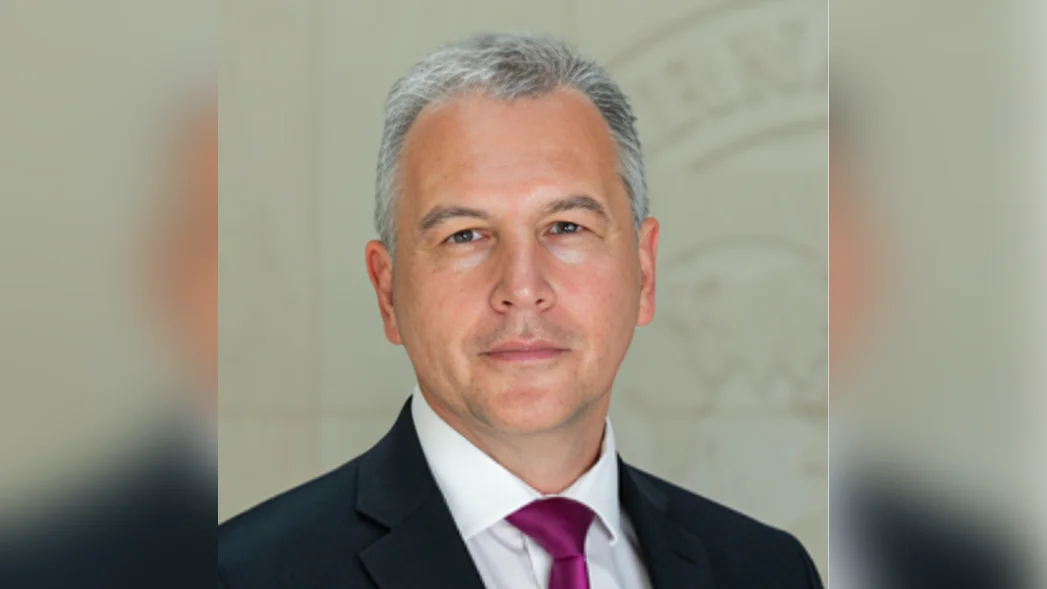The International Monetary Fund (IMF) Executive Board has concluded the 2025 Article IV consultation with Morocco and completed the Third Review under the Resilience and Sustainability Facility (RSF) arrangement, initially approved in September 2023. As a result of this conclusion, Moroccan authorities are now able to access Special Drawing Rights (SDR) amounting to 375 million (approximately US$496 million), increasing the total disbursement under the RSF to SDR 937.5 million, equivalent to US$1.24 billion.
In 2024, Morocco demonstrated economic resilience despite facing another year of drought. A strong domestic demand helped to counterbalance the weak agricultural output, resulting in a modest economic slowdown to 3.2 percent. However, the current account deficit widened, and unemployment remained high at around 13 percent, primarily due to job losses in agriculture. Economic growth is predicted to rise to 3.7 percent in the coming years, propelled by new infrastructure projects and ongoing structural reforms.
The inflation rate decreased in 2024 as the effect of supply shocks diminished, leading Bank Al-Maghrib to reduce the policy rate twice during the year. The central government fiscal deficit was lower than anticipated, closing at 4.1 percent of GDP, thanks to higher than expected tax revenues.
Morocco has progressed in reinforcing its resilience to climate change under the RSF arrangement. Efforts are focused on protecting underground water resources, revising water tariffs, enhancing electricity market regulations, and bolstering the financial system’s resilience against climate risks.
Kenji Okamura, Deputy Managing Director of the IMF, stated: “The Moroccan economy continued to show resilience to negative shocks, a testament to the country’s very strong economic policies and frameworks.” He highlighted the modest economic slowdown in 2024 and praised Morocco’s efforts to accelerate GDP growth in the coming years through infrastructure projects and structural reforms.
The Executive Board's assessment acknowledged Morocco's economic resilience amidst challenging conditions and endorsed ongoing policy and reform efforts. Directors emphasized the need for prudent macroeconomic policies, fiscal consolidation, and structural measures to build fiscal buffers. They also recommended supporting private sector investment growth and reporting associated budgetary implications.
Monetary policy positions of Bank Al-Maghrib were backed, with a cautious approach advised for inflation targeting transitioning. Directors expressed approval of Morocco’s alignment with international financial standards and suggested a “secondary market for NPLs and welcomed the authorities’ request for an FSAP update.”
The structural reform agenda is commended for encouraging private sector growth, requiring improvements in the business environment. Significant actions in water and energy sectors under the RSF were also recognized. Further consultations needed for carbon tax implementation were acknowledged.
The next Article IV consultation with Morocco is scheduled to occur within a 12-month cycle.

